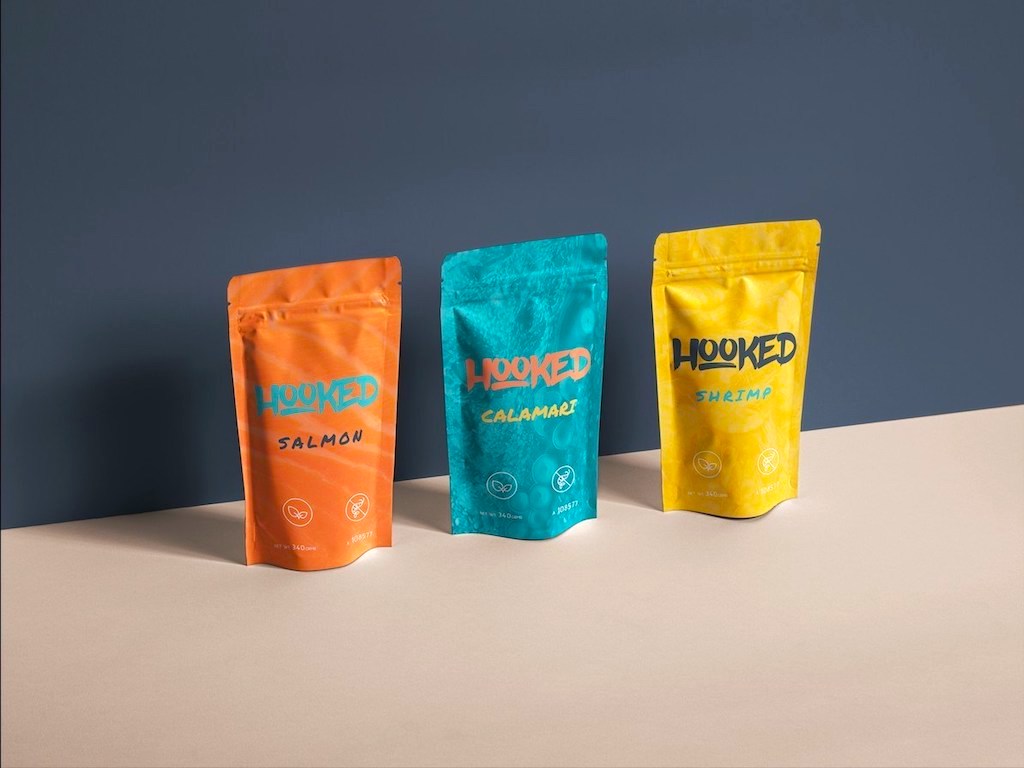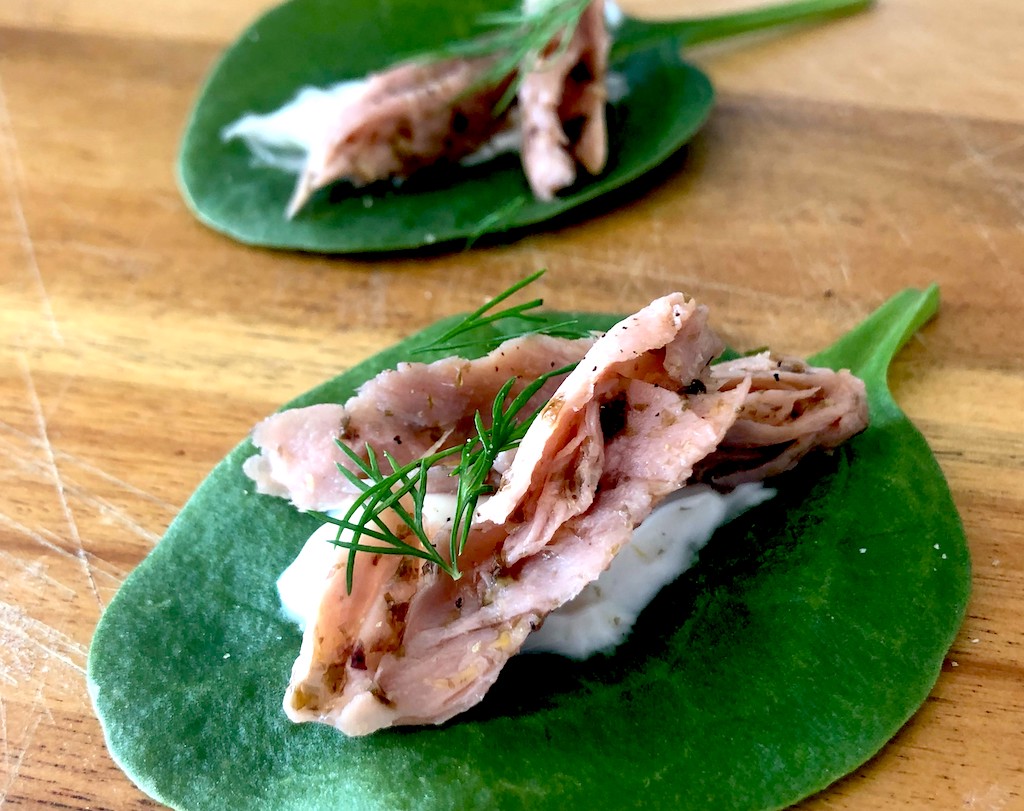3 Mins Read
Hooked Foods, the Swedish food tech behind the world’s first plant-based shredded salmon, has announced that it has raised SEK 5 million (US$600,000) in funding ahead of its nationwide launch of Toona, their vegan-friendly tuna product. Rolling out in restaurants across Sweden in Spring 2021, the startup revealed it also has long-term plans to bring its plant-based seafood alternatives to international markets.
Announced on Wednesday (December 16), Hooked Foods has reeled in US$600,000 in a funding round that attracted a number of leading investors in the alternative protein space, including Oslo-based accelerator Katapult Ocean, food tech incubator ProVeg in collaboration with UK-based mission-driven VC Veg Capital, Nordic early-stage startup VC Wave Ventures and Swedish impact investment firm PlusCap. Angel investor network Food Angels Germany and Kale United, an alternative protein investment company, also participated in the round. The first funds from Katapult Ocean were secured earlier in October this year.
Hooked Foods says that the capital will go towards launching its plant-based tuna dubbed Toona across major restaurant chains in Sweden, slated for Spring 2021. Toona is made from soy protein through a wet extrusion manufacturing process, and also contains sunflower oil and algae to provide omega-3 fatty acids.

Each and every person should have the ability to save our oceans by enjoying a delicious, nutritious plant-based fish in their local restaurant.
Tom Johansson, Co-Founder, Hooked Foods
The startup, who have recently been selected to join Berlin-based ProVeg Incubator, also revealed earlier this year that it is in the final stages of developing its vegan-friendly shredded salmon product called Salmoon.
Together, salmon and tuna represent the two most consumed seafood products in Europe – the region that Hooked Foods is targeting when it comes to launching its products outside of its domestic Swedish market. Ultimately, the startup hopes to become a major provider of plant-based seafood alternatives across European markets.
Commenting on their mission, co-founder Tom Johansson said: “We have to change the way in which we produce and consume seafood, for the climate and for our own health. Each and every person should have the ability to save our oceans by enjoying a delicious, nutritious plant-based fish in their local restaurant.”
The potential for plant-based seafood is massive and Hooked has the capability to be one of the leaders in this space in the future.
Albrecht Wolfmeyer, Inernational & National Head, ProVeg

“The potential for plant-based seafood is massive and Hooked has the capability to be one of the leaders in this space in the future,” said Albrecht Wolfmeyer, international and national head at ProVeg. “We are proud to be part of their journey to drive a more sustainable seafood consumption, and happy they chose us as one of their investors in this round.”
While plant-based seafood innovation remains a huge untapped market, more startups and major food industry players are now quickly eyeing the opportunity – particularly in the wake of the coronavirus-driven rise in demand for animal-free foods. Developing seafood alternatives is especially vital, given recent trend data suggesting that mainstream consumers that haven’t yet made a full plant-based switch are displacing red meat for fish, causing major concern of a free-fall in available ocean fish stocks.
Good Catch Foods, a U.S.-based leader in the plant-based tuna field, has recently opened up a new 42,500 square foot facility in response to surging sales. Soon after, Nestlé entered into the seafood alternative market with its first ever plant-based tuna launched under its Europe-facing Garden Gourmet brand.
All images courtesy of Hooked Foods.




